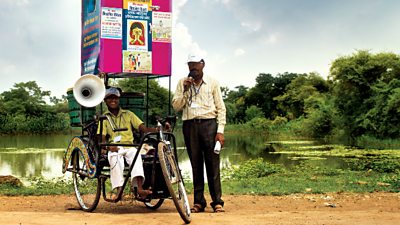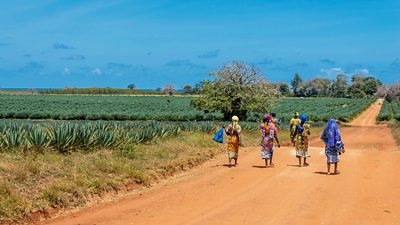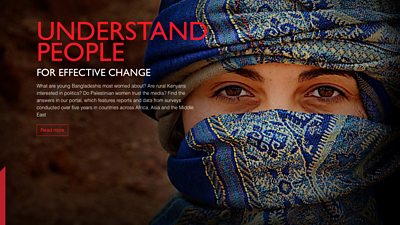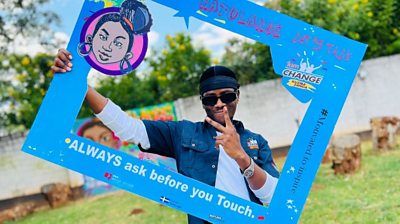Tikambe… has helped me to know where to find help and support, and I have learned that as a boy child it is OK to seek help when I am in need."
-
How is media content and outreach supporting young Zambians to make sexual and reproductive health decisions? Research evaluation briefing
Publication date: July 2024
Authors: Akunna Penny, Nick Chasimpha and Muk Yin Haung Nyoi
The Tikambe (Let’s Talk) project operated at national, provincial, district and community levels in Zambia. It used both media and interpersonal communication to provide information to young Zambians about their sexual and reproductive health and rights (SRHR), to reduce their vulnerability to SRH risks.
This briefing summarises endline research that evaluated phase three of Tikambe, which ran from 2020–2024. During this phase, �鶹�� Media Action supported eight local radio stations to produce a total of 448 radio, TV and social media PSAs and 261 drama segments to support the uptake of healthier SRH behaviours among young Zambians by strengthening their ability to take confident decisions and actions in relation to their SRH.
Research found:
- An increased knowledge and understanding of SRHR among youth who were regularly exposed to the combination of Tikambe media and interpersonal communication.
- Tikambe media reached approximately 599,988 young people (35% of young Zambians across the four focal provinces). Its audience was 46% male and 54% female, reflecting the gender profile of 14–24-year-olds in those locations.
- Tikambe media regularly reached more people in the youngest age bracket (14–17 years old) (41%).
Spotlight on 14–17-year-olds
- The majority of young people surveyed were able to mention at least two ways to avoid STIs. Young 14–17-year-olds regularly exposed to Tikambe were significantly more likely than their unexposed peers to be aware of different types of STIs (78% versus 68%, respectively).
- 14–17-year-olds regularly reached by Tikambe (51%) were significantly more likely than their unreached counterparts (34%) to “strongly agree” that girls or young women should be involved in decisions around using contraception to prevent pregnancy.
To learn more about the insights uncovered from this research please see the document above.
Our research library
-

Long reads
Read our comprehensive research reports of the evidence behind our work. All of our publications are freely available to download. -

Short reads
At a glance, explore key findings and evidence behind our work. All of our publications are freely available to download. -

By country
Explore our findings and analysis country by country. All of our publications are freely available to download. -
 What are young Bangladeshi's most worried about? Are rural Kenyans interested in politics? Do Palestinian women trust the media? Find the answers in our data portal (last updated 2020).
What are young Bangladeshi's most worried about? Are rural Kenyans interested in politics? Do Palestinian women trust the media? Find the answers in our data portal (last updated 2020).
